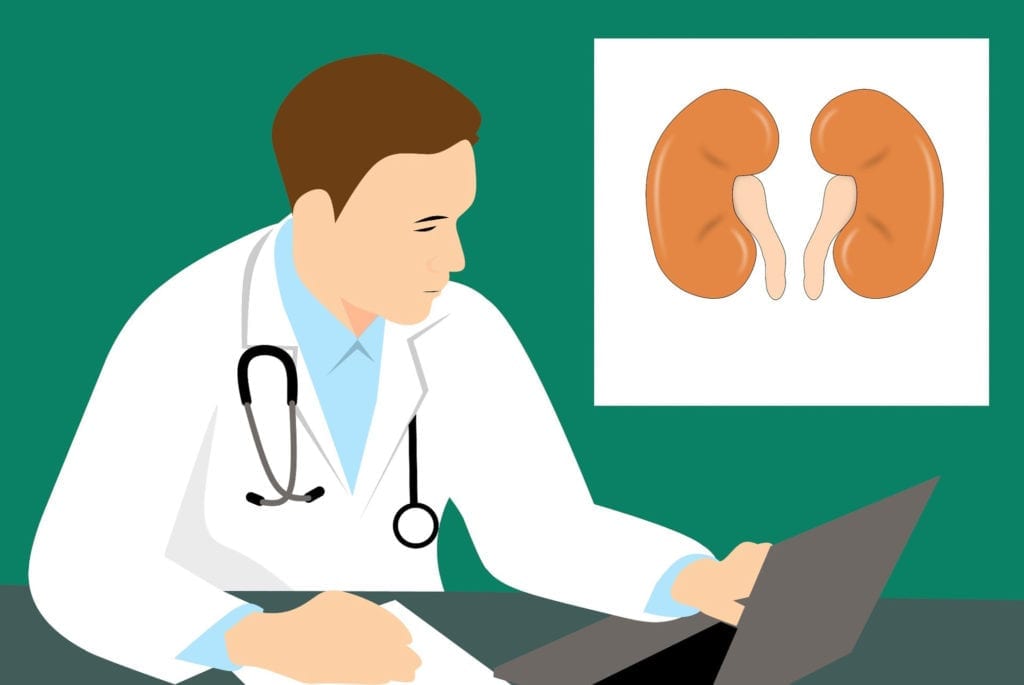Sparsentan is a dual endothelin angiotensin receptor antagonist (DEARA) currently being developed for the treatment of IgA nephropathy (IgAN). The newest update on sparsentan was recently shared by Travere Therapeutics via press release, announcing that they had submitted a New Drug Application (NDA) for accelerated approval of the IgAN treatment. If all goes well and the NDA is approved, then rare disease patients with IgAN will have a new treatment option.
NDA for Sparsentan
Travere’s NDA is supported by a phase 3 trial. Titled PROTECT, this phase 3 study is randomized, global, and active-controlled in an effort to analyze the safety and efficacy of sparsentan. 404 IgAN patients are enrolled in this ongoing study, all of whom experience persistent proteinuria despite treatment.
The primary endpoint was met in August of 2021, with patients being treated with sparsentan seeing a 49.8% mean reduction in proteinuria from baseline. This can be compared to the 15.1% mean reduction observed in the control group, who were treated with irbesartan. In terms of safety, sparsentan was well-tolerated with a safety profile that remained consistent with prior research.
The PROTECT study will continue for a total of 110 weeks, with researchers focused on the treatment’s effect on eGFR slope.
Looking Forward
Hopefully, the NDA for sparsentan is approved, as it would offer IgAN patients another treatment option. This patient community faces an unmet need, especially when it comes to reducing proteinuria and slowing progression towards end-stage kidney disease.
About IgAN
Also referred to as Berger’s disease, IgA nephropathy (IgAN) is a chronic kidney disease that occurs when antibodies accumulate and damage the kidneys. It impacts males more than females and is estimated to impact approximately 130,000 people in the United States annually. Looking towards symptoms, they may not appear in the early stages of the disease. When they become apparent, they will include pain below the ribs and in the loin area, blood in the urine, swelling in the hands and feet, high blood pressure, drowsiness, proteinuria, and eventually kidney failure.
These symptoms are all the result of an accumulation of antibodies in the kidneys, which causes inflammation and damage to the glomeruli. This prohibits the kidneys from properly filtering waste from the blood. Beyond this, the cause of IgAN is not completely understood. Some medical professionals believe that it is an autoimmune condition, while others suspect a genetic cause. Regardless of cause, treatment options consist of medications that lower blood pressure, drugs to treat inflammation, diuretics, reducing cholesterol levels, and in severe cases, dialysis and a kidney transplant.







